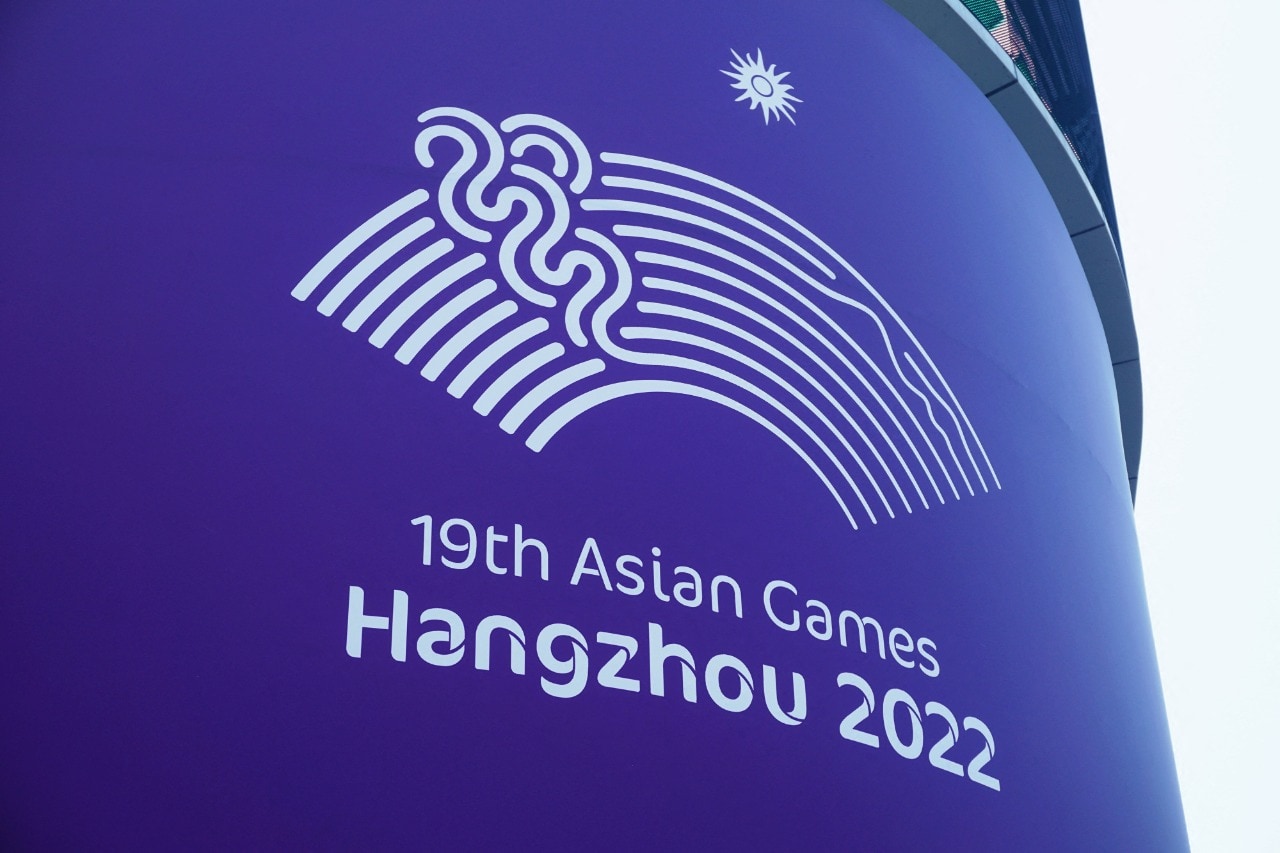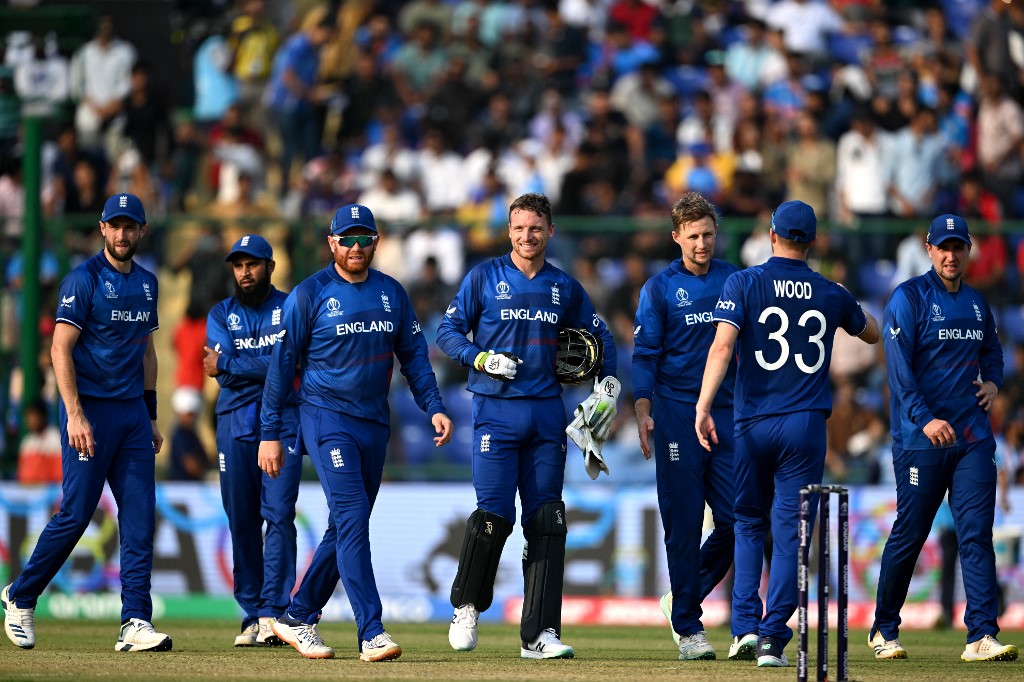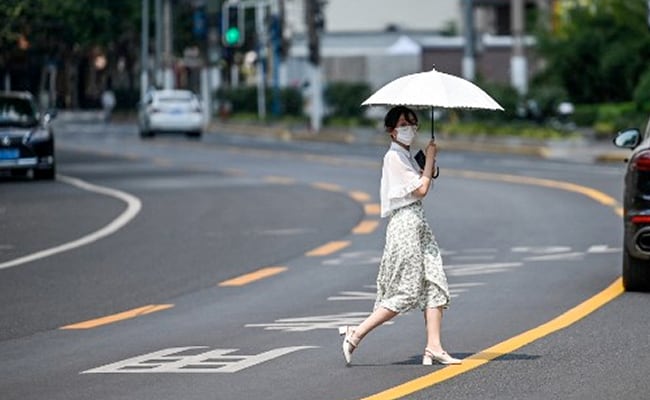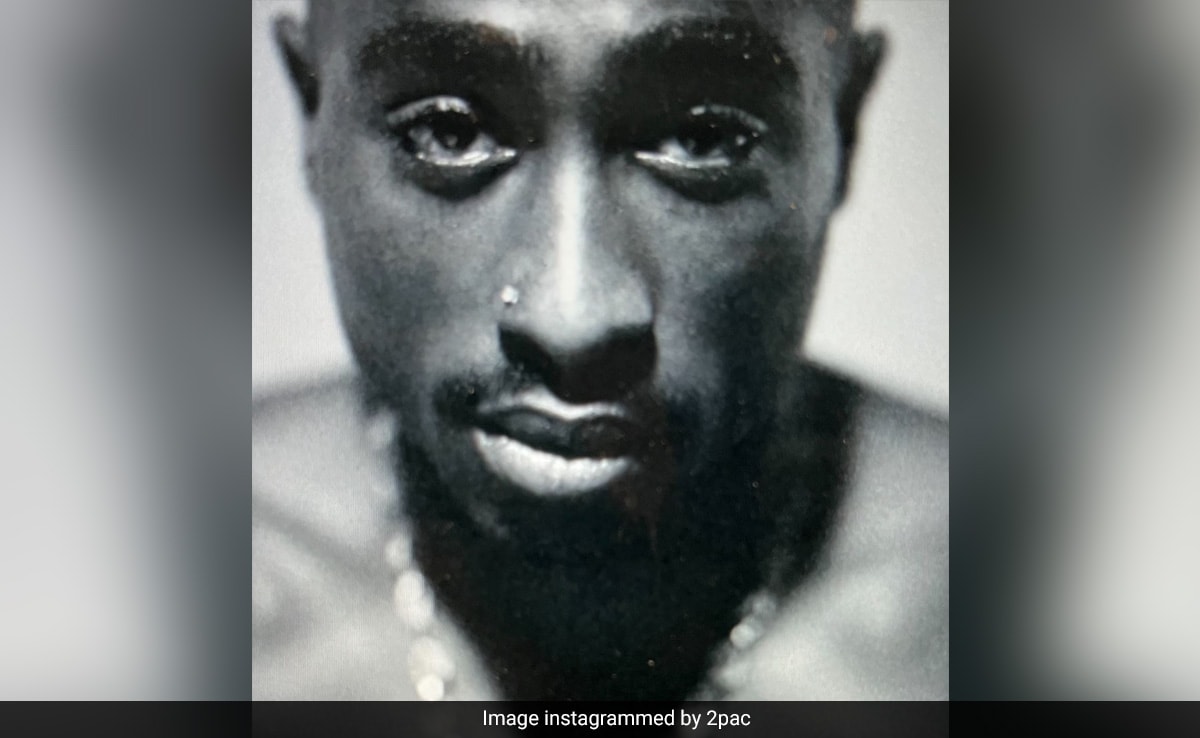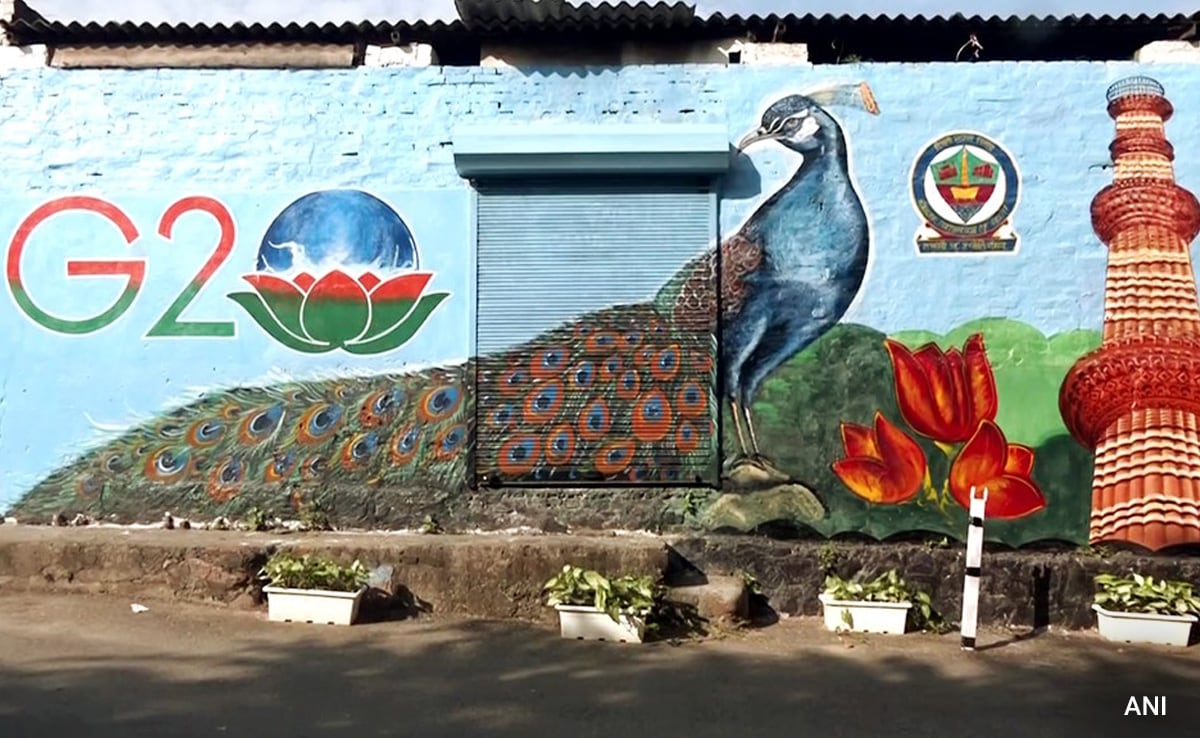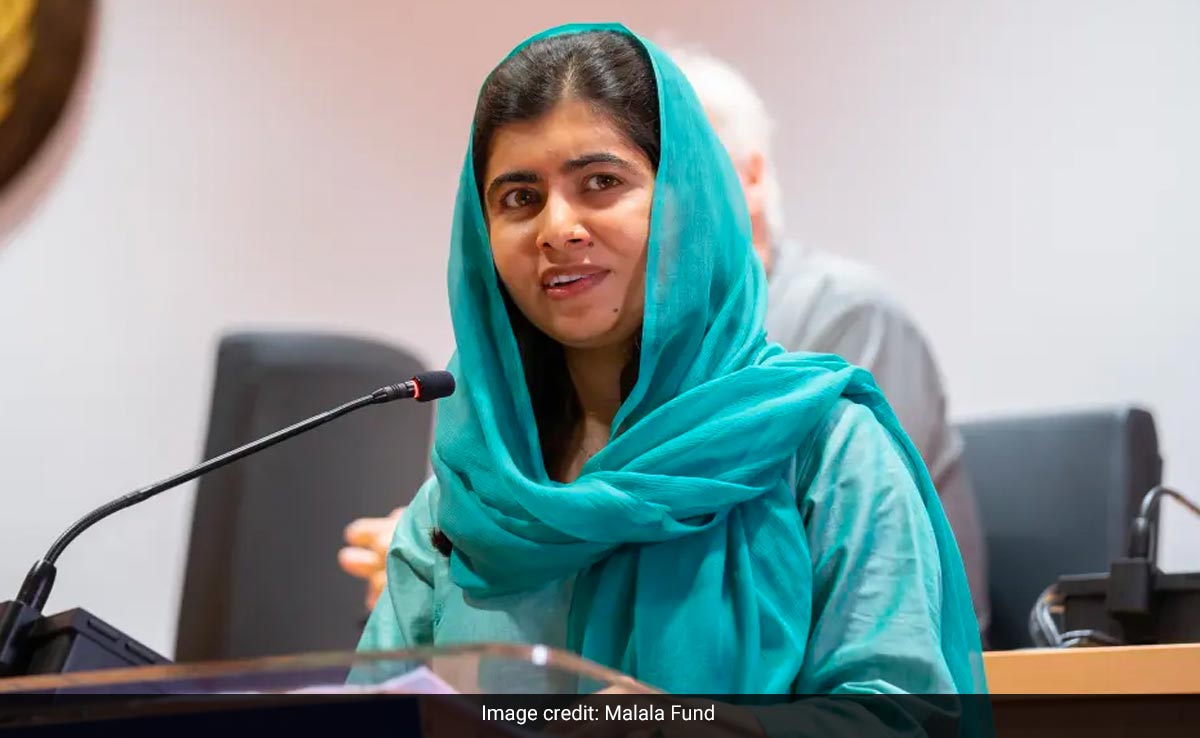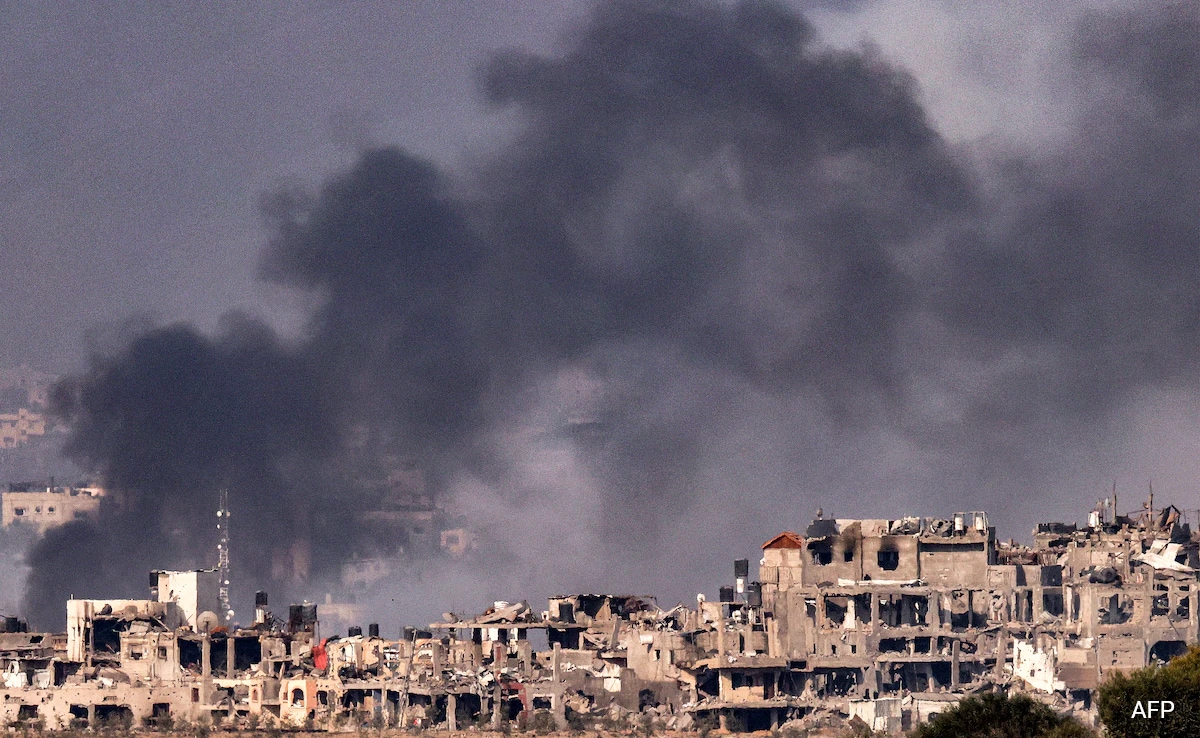A guerrilla fighter from the FARC dissidence Jaime Martinez stands guard near the town of Suarez, department of Cauca. File
| Photo Credit: AFP
Four Colombian Army soldiers were killed in fights with FARC dissidents a day before a meeting between the rebel group and the government to consolidate peace talks, Bogota’s Defense Ministry said Saturday.
The soldiers were killed “in fighting against a residual armed group”, the ministry said in a statement, referring to the name used by authorities for armed groups that did not accept a 2016 peace agreement.
The Estado Mayor Central (EMC), a dissident group of Colombia’s disbanded FARC guerrillas, rejected the 2016 deal, but said in April it was ready to begin negotiations with the government.
The EMC is due to begin a three-day meeting on Monday with the government to decide on a date for future peace talks, and to formalize a bilateral ceasefire, Bogota said Saturday morning, hours before the four soldiers were killed.
The attack took place in the southwestern rural region of Narino, on the border with Ecuador, which is home to a large portion of the coca crops in Colombia, the world’s biggest cocaine producer, according to the United Nations.
Coca cultivation is illegal, but a mainstay for many in the South American country of 50 million people.
Much of the sector is controlled by armed groups, including leftist guerrillas, rightwing paramilitaries or drug cartels.
Gustavo Petro, the first leftist president in Colombia’s history, has sought to defuse the country’s more than six-decade conflict through agreements with the various armed groups.
At midnight on December 31, Mr. Petro announced a bilateral truce with the five main guerrilla groups, but suspended the deal with the EMC in May, after the rebels murdered four young Indigenous men who resisted recruitment.
The European Union, Norway, Switzerland, and Ireland, as well as the Catholic Church, support Petro’s peace process.
Experts have questioned the unity of command in the EMC, which is led by ex-FARC veterans but with new recruits among its ranks.

